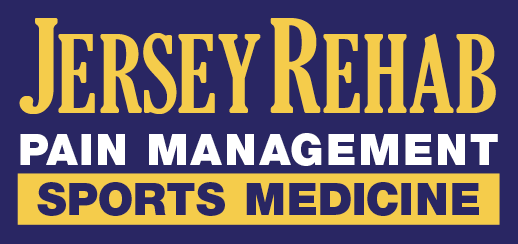Psychological Repercussions of Living with Chronic Pain
When a person lives with chronic pain, it begins to affect every fiber of their existence. They can’t stop the pain when they want, which means they must learn to live with it – all day, every day. Whether it’s working a 12-hour shift, raising a family, or traveling on vacation, the pain is always there. And, if the pain isn’t there, the threat of it is.
Research shows that the brain responds differently to short and long term pain. In fact, doctors and scientists now view chronic pain as a neurological disease of its own, with symptoms like headaches, depression and anxiety. Because of the changes in the cognitive and emotional systems, chronic pain can worsen over time, causing constant fear.
Let’s look at some of the ways that chronic pain affects people on a psychological level.
Changes in Mood
Simple, unimportant things can change our moods, such as a cloudy day or a person being rude in the grocery store. Imagine living with chronic pain! It’s hard to stay positive and upbeat when you never feel good due to chronic pain. This wears on people over time and makes them more susceptible to anxiety, depression, and fear. Feeling this way can put people into a downward spiral, isolating them from others and making them more dependent on pain medications.
Disruptive Sleep Habits
When in pain, it’s difficult to fall asleep and stay asleep. Rarely do chronic pain sufferers get a full 7-9 hours each night. Unfortunately, not getting enough quality sleep only exacerbates this process. People tend to be more sensitive to pain and experience slower healing times when they don’t get enough rest.
Trouble Recalling Information
Research shows that chronic pain can affect memory and concentration. It interferes with the brain’s ability to process and retain information. Plus, persistent pain makes it difficult to be fully present. If you can’t remember when or how things took place, your personal relationships, work, or school could suffer.
Social Stigma
Sadly, there is a stigma related to pain. There is a perception that people living with chronic pain aren’t strong enough to tolerate it. This social stigma can cause pain sufferers to isolate themselves or refuse treatment. However, this is a misconception. Even though pain is subjective, it’s real. Fortunately, there is a wide range of treatments available. If a person is open to this treatment and has a strong support network, they CAN improve their quality of life.
Pain is more than a physical symptom. It affects humans emotionally, mentally, and spiritually. We can all deal with pain for a short time, but to live with it everyday is a different story. To learn more about the pain management treatments that are available through Jersey Rehab Management, please contact us today at one of our four offices. We understand what you’re going through and can help!

